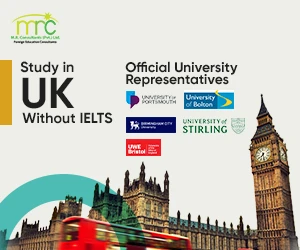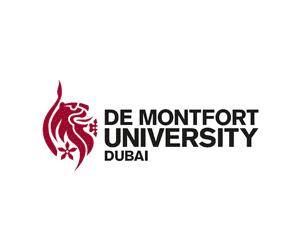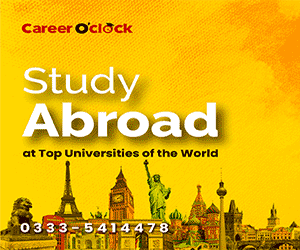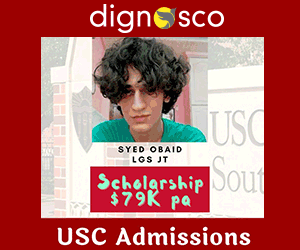History & Culture
The strategic location of the Maltese islands has allowed them to play a small but important part in the rich and varied history of the Mediterranean. Successive waves of Traders, occupiers and colonizers have left their indelible mark on Malta.
Through its excursions, some of which are mentioned below, English Communication School invites and helps its students to explore the rich cultural heritage that these peoples have left behind. Less than 100 km south of Sicily and 350 km north of Africa, the islands are easily accessible to today's traveler. Mild winters and hot Summers make them the ideal destination for a relaxing holiday, and the startlingly blue seas that surround them are some of the cleanest in the Mediterranean.
Civilisation dawned in Malta long before recorded history. The Stone Age farmers from Sicily probably arrived here around 5000 BC. A religious cult of the dead evolved, and judging by the architecture of the time, became quite complex. The mysterious prehistoric temples left behind are considered unique, pre-dating other ancient wonders such as the great Pyramids and Stonehenge.
Excursion - Retrace the steps of pre-historic man at one of the numerous Neolithic temples around the island. By the 9th century BC, the Phoenicians and the Greeks had both reached Maltese shores. Coins and tombs remain as testimony to their presence on the islands. During the Punic wars Malta was taken by a Roman expedition - it was during this period of the colonisation that St. Paul introduced Christianity to the local population. In the ninth century AD the Arabs became the new rulers. Two centuries of their influence left an important mark on Malta, particularly on its language and architecture, but as their hold on the island weakened, the Normans, under Count Roger quickly moved in.
The Normans were eventually succeeded by the Order of the Knights of St. John. Under the latter's governance Malta experienced an economic boom and an architectural renaissance, evidence of which may be admired all over the island today, especially in the fortified capital of Valletta that they built. By the 18th Century, however, the Order went into decline. In 1798 Napoleon invaded Malta, ordering the Knights to leave. The welcome given to the French, however, was short lived - a local insurrection, aided by the British Admiral Nelson, ended their domination in 1800.
Malta's value as a naval base now came to the attention of the British, and her possession of Malta was formally recognised in 1814. Malta flourished under the British: new crops were introduced, water resources were better managed, and the building of bases and ship-repair facilities gave the islands an economic boost. As a British colony, Malta played a vital role in the allied victories in both World Wars. During the Second World War, Malta suffered incessant bombing raids, and by 1942 the islands were on the brink of starvation. The price of freedom had been high, and the courage of the Maltese people was rewarded by Britain's highest decoration for civilian courage - the George Cross, now a part of the national flag.
On the 21st September 1964, Malta achieved her independence, although British forces remained on the island for a further fifteen years. Despite the obvious pride in independence, the parting was not without some sadness on both sides. The lasting effect that the British had on the island can be seen in the central role that the English language still plays in Malta: English is one of Malta's two official languages, the University of Malta conducts most of its lectures in English, and all educational institutions teach tomorrow's generation both languages, giving each equal importance. There are also three English newspapers published daily, and various radio and TV stations broadcast programmes in English, catering for the bilingual society which lives here today.
Ultimately the island is pure Mediterranean - sun, sea, good food, a thriving nightlife and colourful summer festivals. It is also particularly safe for young people to go out in the evenings and enjoy themselves. Excursion - Experience the music, folklore, cuisine and awesome firework displays of a typical Maltese village festa. Whatever your interests, you will find something to satisfy you in Malta, with its promise of relaxation in a healthy, safe, and culturally rich environment.
Faisal Mahmood kayani
MBA and business law UK(business English Italy) (PGD in immigration Law France)
MD
Faizan European Educational consultant and advisers(PVT)LTD
office no 1 1st Floor shabbir plaza shandar chowk Jhelum
Pakistan
Tel off.0092544620579 Cell #.00923425085467 Cell# 00923364611120
Skype.FASIOXFORD
Sub offices.Karachi,Rawalpindi,Kahrain (COMPANY REG NO.0079288)
RAWALPINDI OFFICE.
Islamabad
BILAL SHAH
Karachi Rafi Mall Plaza Mazinine Floor, Office no m14, Near Nadra Office Cell: +923009218785



.gif)


 1018
1018
 0
0




































